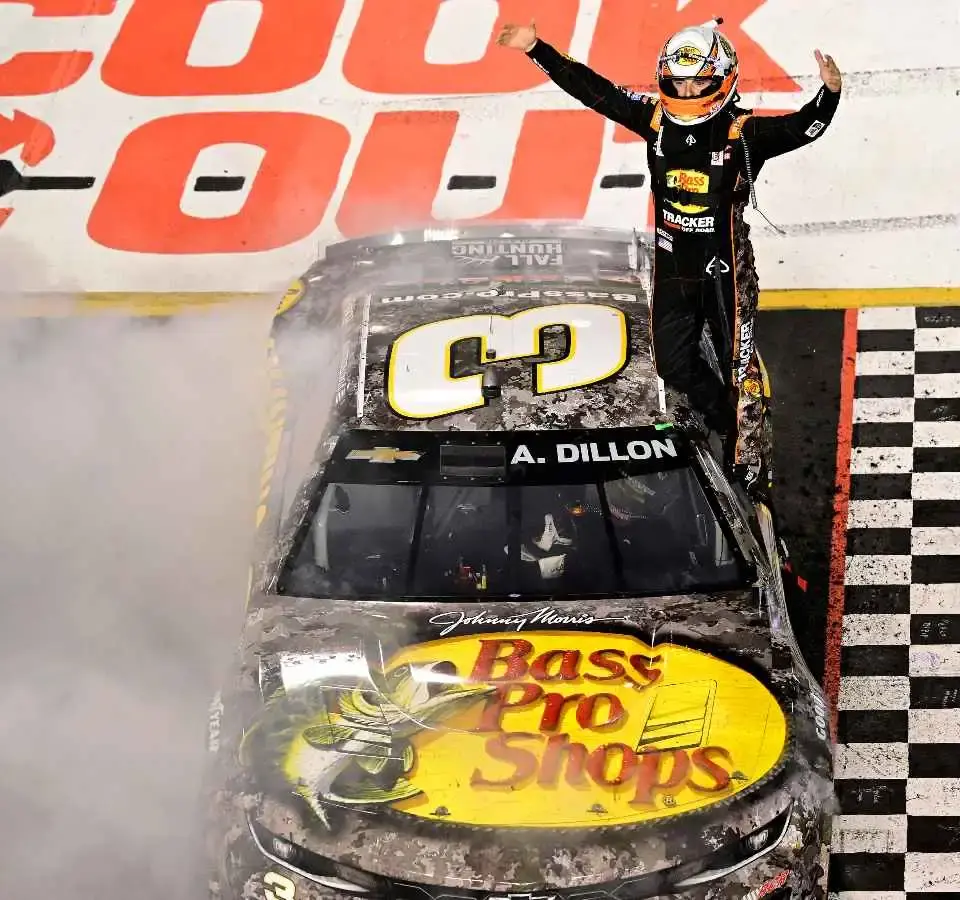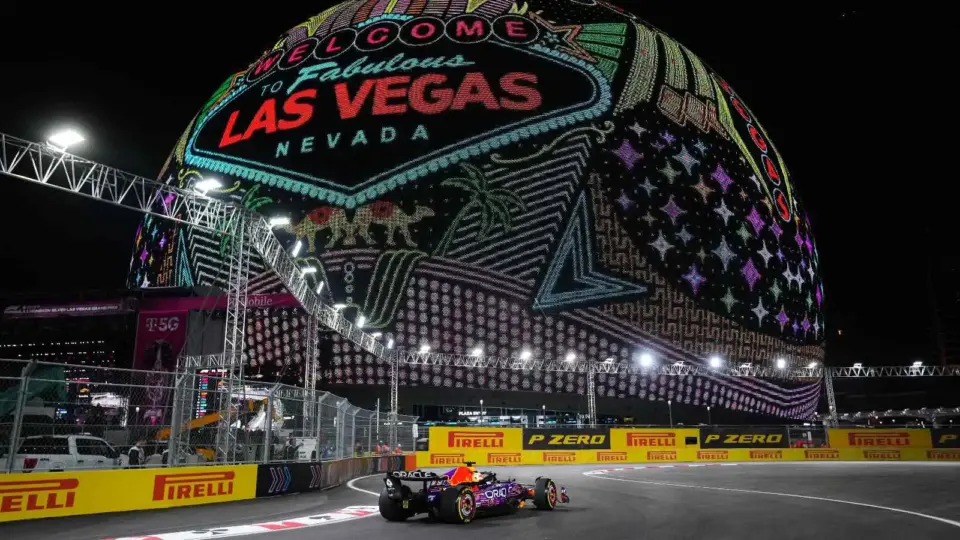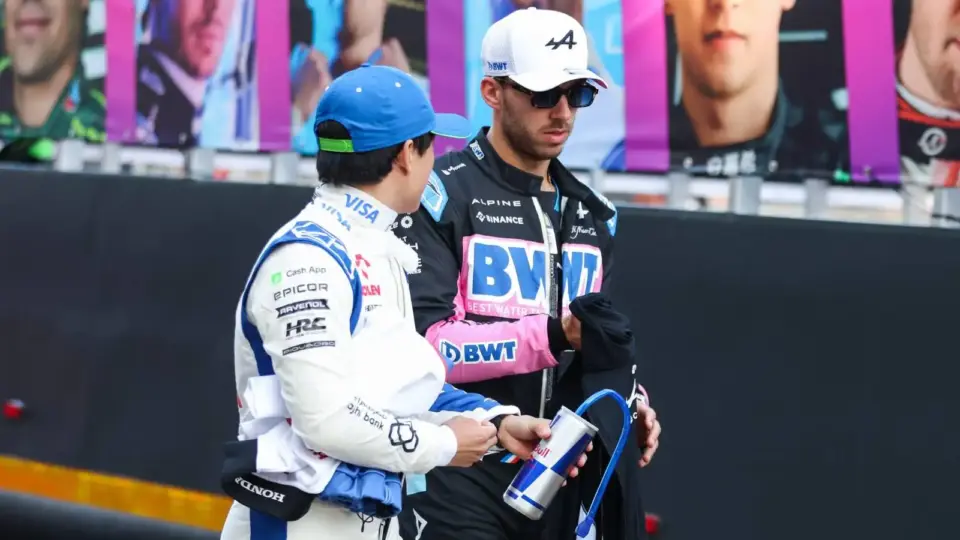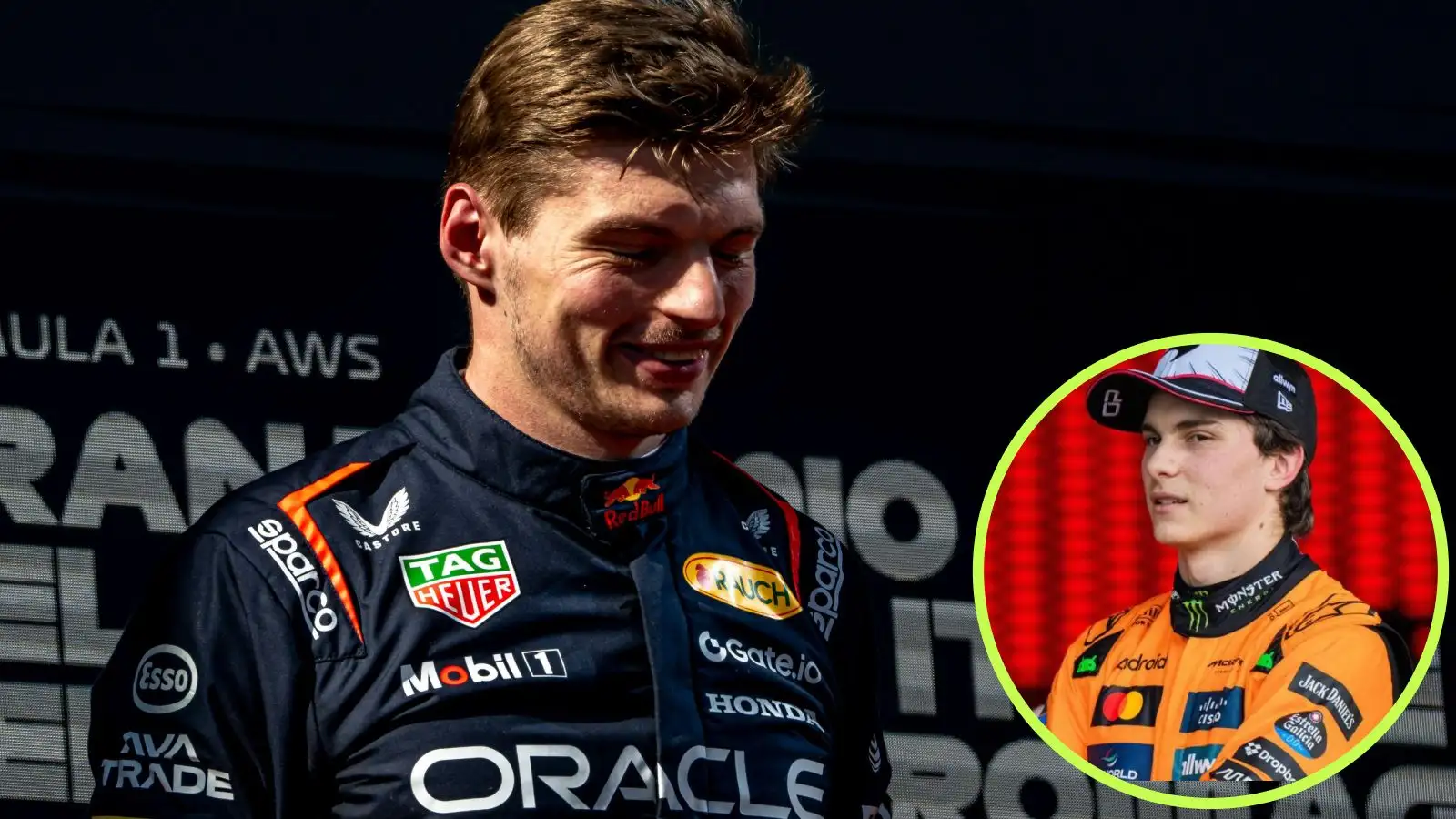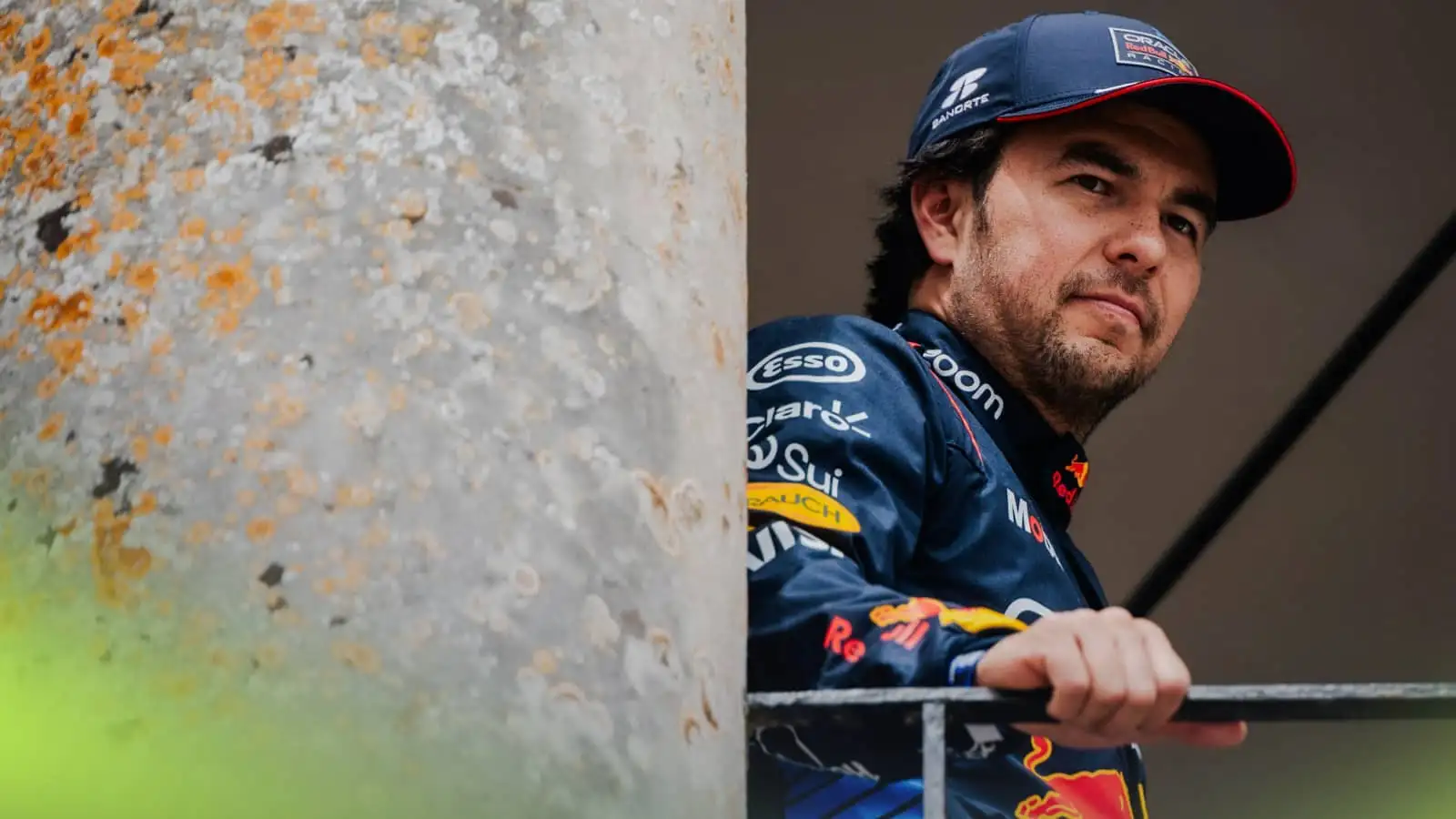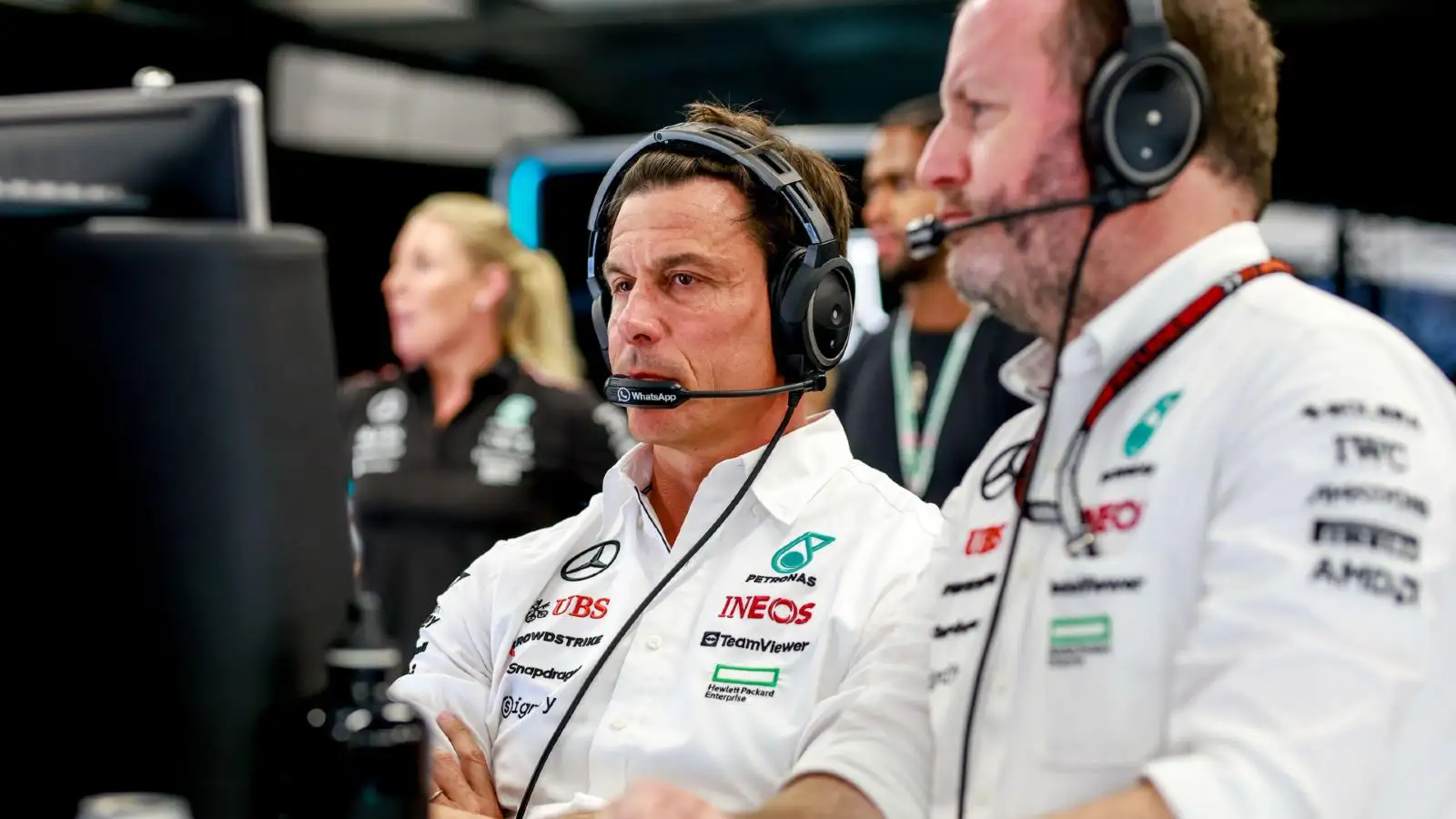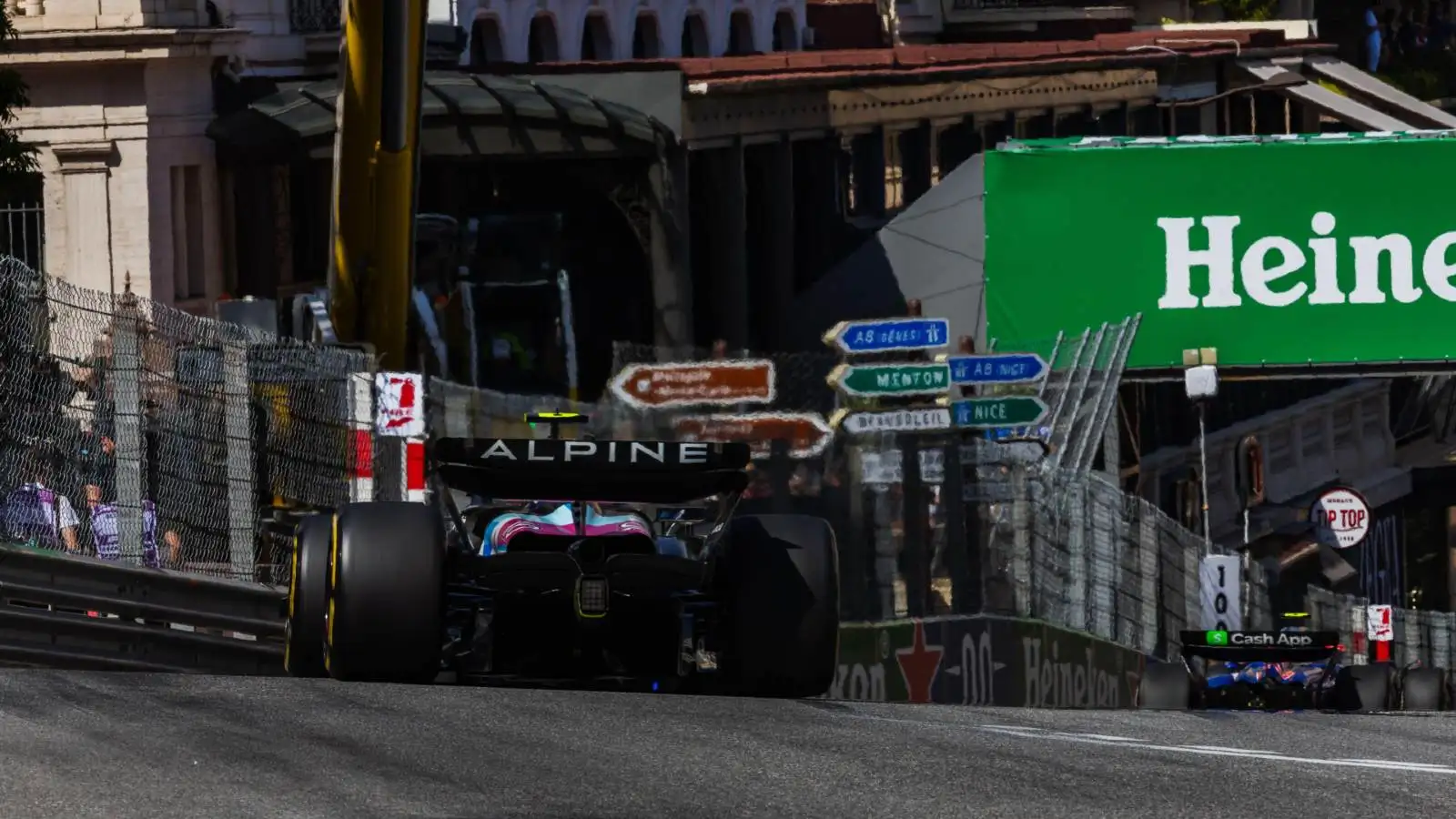Austin Dillon’s recent win at the Cook Out 400 in Richmond stirred significant controversy. During the final overtime laps, Dillon executed a bold move, wrecking Joey Logano and Denny Hamlin to secure his victory. This audacious maneuver prompted an outcry from fans who demanded NASCAR take action for what they perceived as unsafe driving.
In a dramatic turn of events, Joey Logano initially passed Dillon on the restart, but Dillon retaliated by driving deep into Turn 3, forcing Logano into the outside wall. Denny Hamlin attempted to capitalize on the chaos but was also sent into the wall by Dillon. This aggressive driving secured Dillon his first win since 2022 and initially locked him into NASCAR’s Playoffs.
NASCAR’s Playoffs format is an elimination-style competition in the final ten races of the year. To qualify, drivers must secure a win or accumulate enough Playoff points. Dillon’s controversial win, however, led to widespread criticism. Many felt that allowing such a move to go unpunished would set a dangerous precedent, effectively encouraging reckless driving.
Following a thorough review, NASCAR issued several penalties. While Dillon was allowed to retain his win, NASCAR decided it wouldn’t count towards his Playoff qualification. Additionally, Dillon and his team were docked 25 points, and his spotter, Brandon Benesch, was suspended for three races. Benesch had instructed Dillon to ‘wreck’ Hamlin via radio communication.
Richard Childress Racing expressed their discontent with the penalties and announced plans to appeal. They argued against NASCAR’s decision, emphasizing their disagreement.
NASCAR emphasized that their decision was based on extensive data review. Elton Sawyer, the senior vice president of competition, noted that Dillon’s actions crossed a line, despite the sport’s long-standing acceptance of racing contact. Sawyer highlighted that while contact is a part of NASCAR, Dillon’s move was deemed excessive and detrimental to the sport’s integrity.
The issue revolved around Section 12.3.2.1.b of the NASCAR Rule Book, which ensures playoff eligibility by mandating race finishes to be free from violations or actions harmful to stock car racing. NASCAR’s decision underscored that Dillon’s actions, in the context of Playoff implications, were unacceptable. Hence, Dillon keeps the win, but it doesn’t serve as his Playoff ticket.
Austin Dillon’s controversial win at Richmond remains on record, but with significant repercussions. NASCAR’s decision aims to preserve the integrity of the sport by balancing competition and safety, ensuring that victories result from skill rather than reckless behavior.
